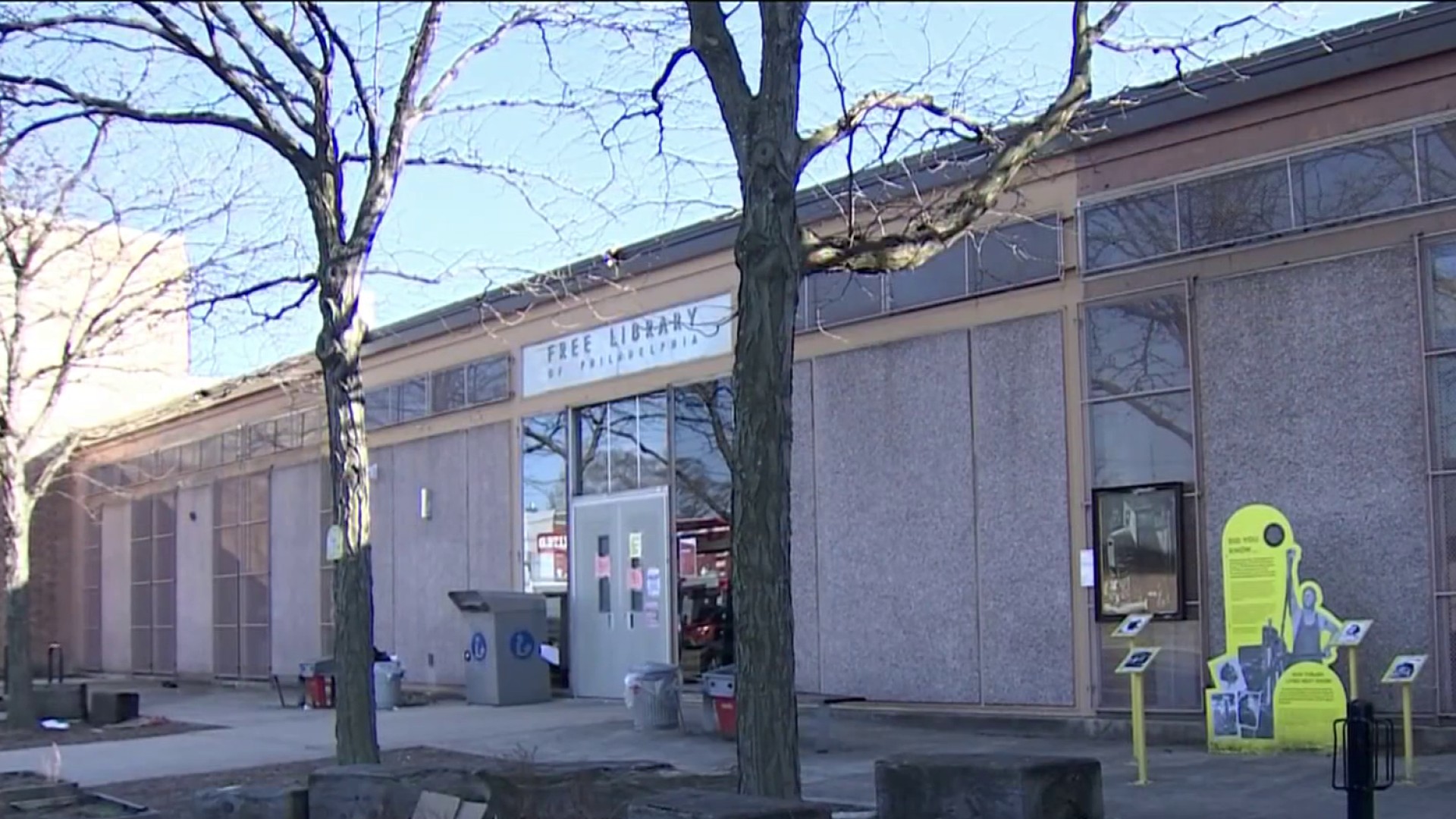Making streets and sidewalks safe for pedestrians after a storm is a top priority for cities and homeowners. But stores offer a dizzying array of options for keeping sidewalks from getting slippery. What should shoppers choose?
Most of the salt crunching underfoot this time of year is rock salt, or sodium chloride. It's the cheapest option. While it's chemically the same as table salt and is safe for humans, salt from the winter can stick around until summer and take a toll on aquatic life.
"Amphibians are one of the most sensitive," said Stuart Findlay, an aquatic ecologist with the Cary Institute of Ecosystem Studies in Millbrook, New York. "This is when the biology is very active, so having these high concentrations in the summer is clearly recognized as a problem."
Rock salt is also corrosive to cars and bridges, and can damage concrete.
Drexel chemical engineer Nicolas Alvarez said that's because sidewalks are porous, and let in some of the water melted by the salt. Because sodium chloride only lowers the freezing point of water by 7 degrees, if the temperature drops below 25, you'll get ice crystals inside the cement.
"Water expands when it freezes," explained Alvarez. "That causes huge stresses inside the concrete, so that starts to break your concrete apart."
Local
Breaking news and the stories that matter to your neighborhood.
Different salts, including potassium chloride and magnesium chloride, can avoid that problem because they can lower water's freezing temperature much more. Calcium chloride is the most effective, preventing ice formation down to -25 degrees Fahrenheit.
"When it's dissolving into the water, it actually heats up," said Alvarez. "So it acts the fastest in terms of melting the ice."
These alternative melters, however, are more expensive, and are still corrosive to metals and damaging to the environment.
According to Findlay, the key is to use less of whatever de-icer you've chosen.
"There's no silver bullet sitting out there waiting to be discovered," he said. "It's about better application."
That's why in many places, road crews spray brine solutions. It takes some extra work, Findlay said, but homeowners can try it out, too.



